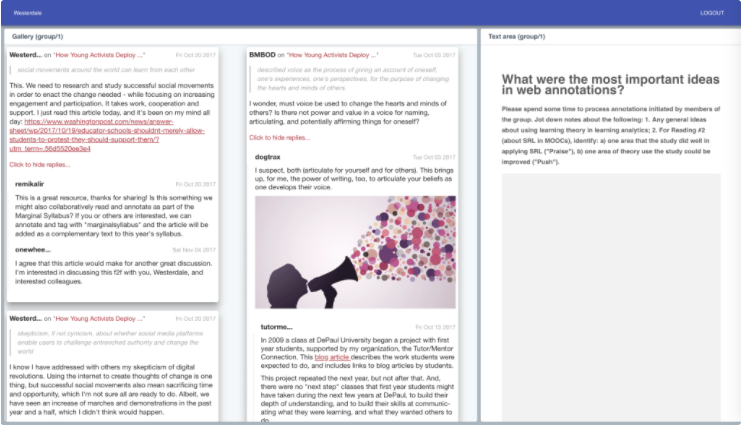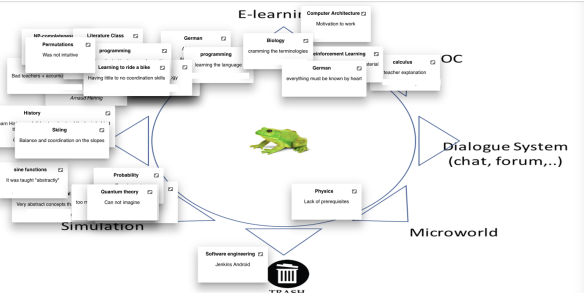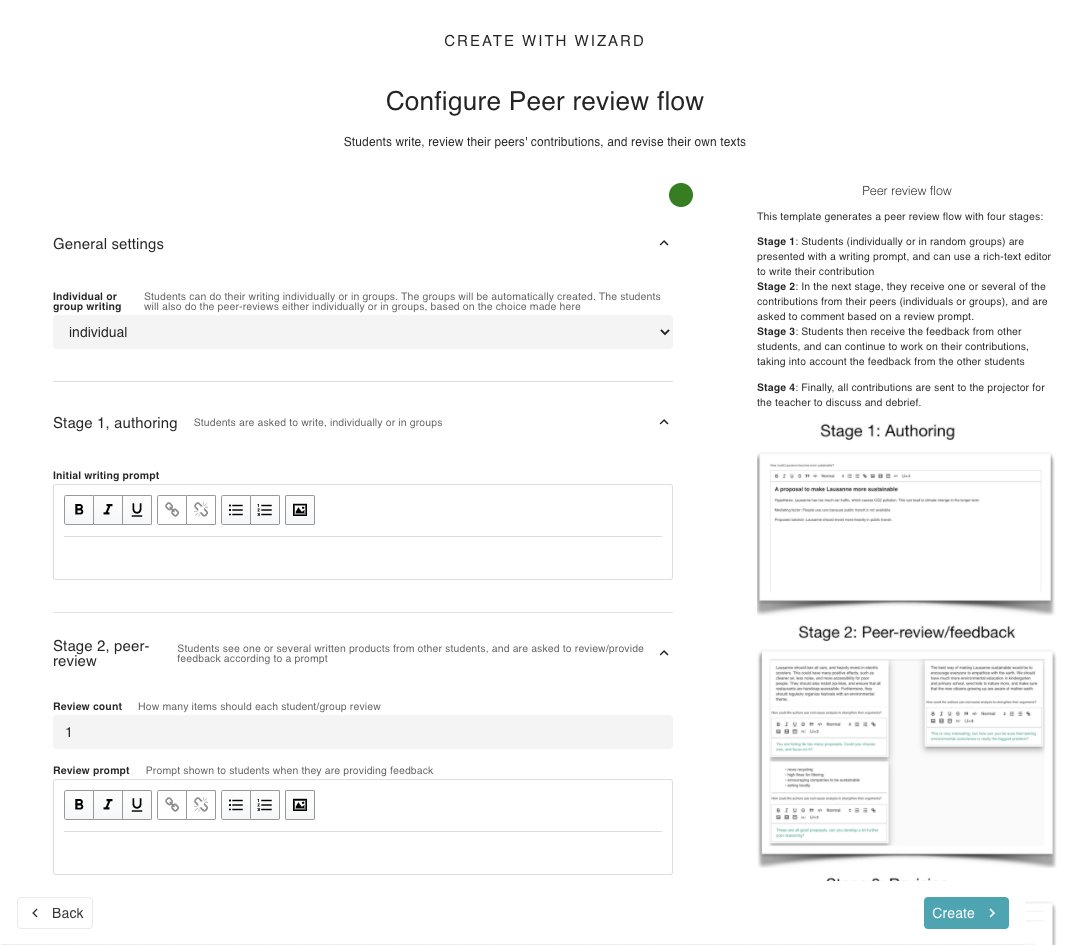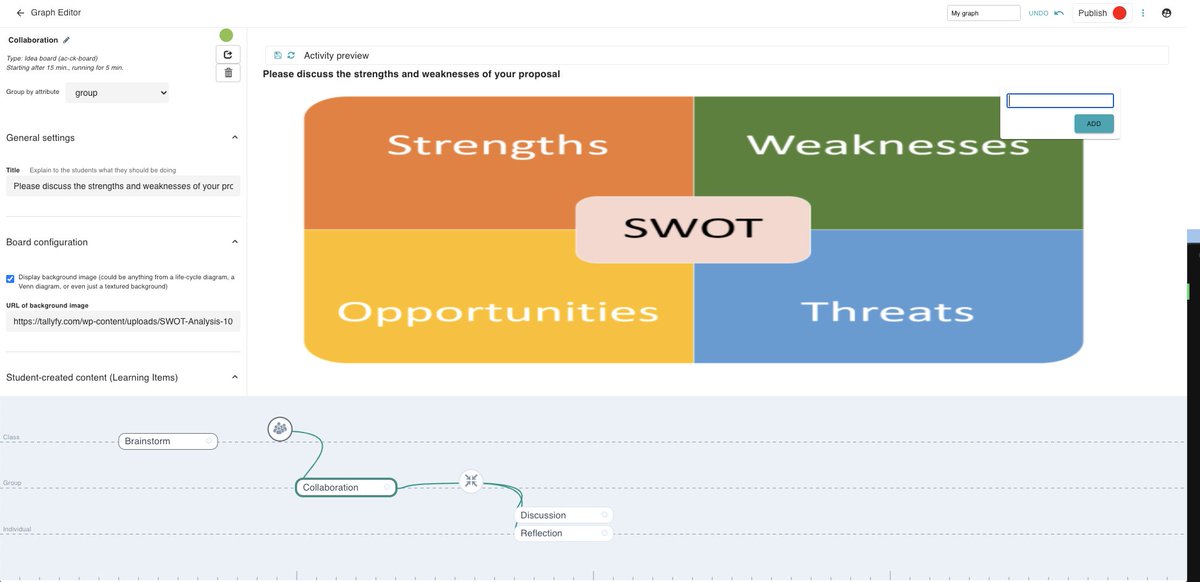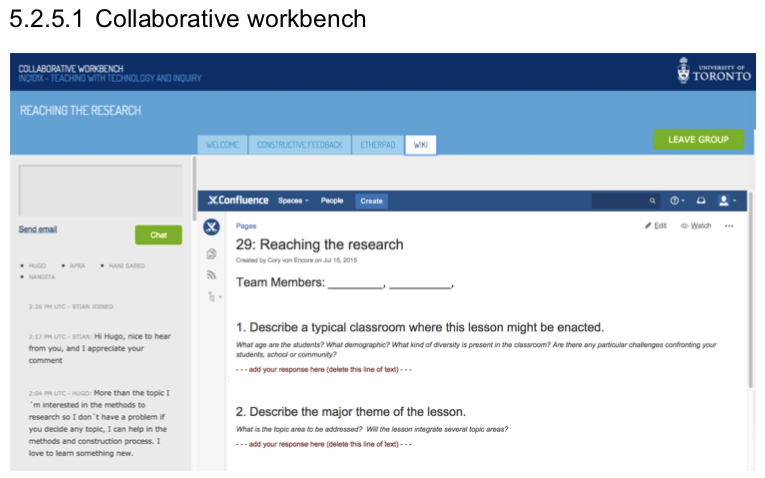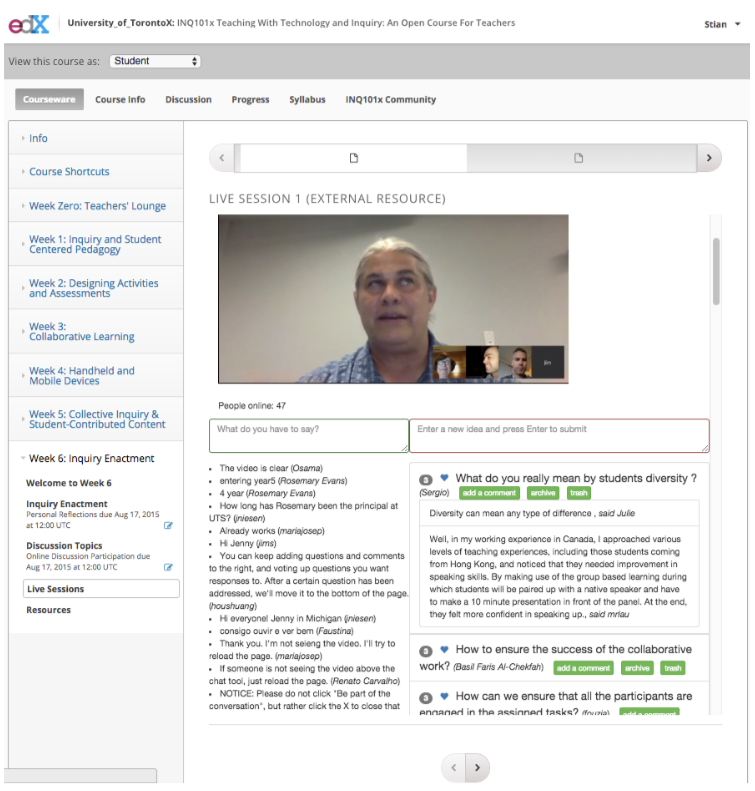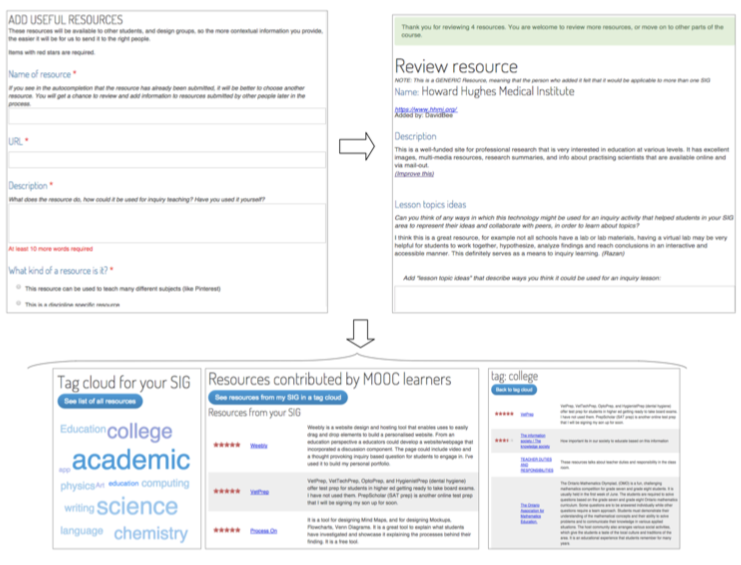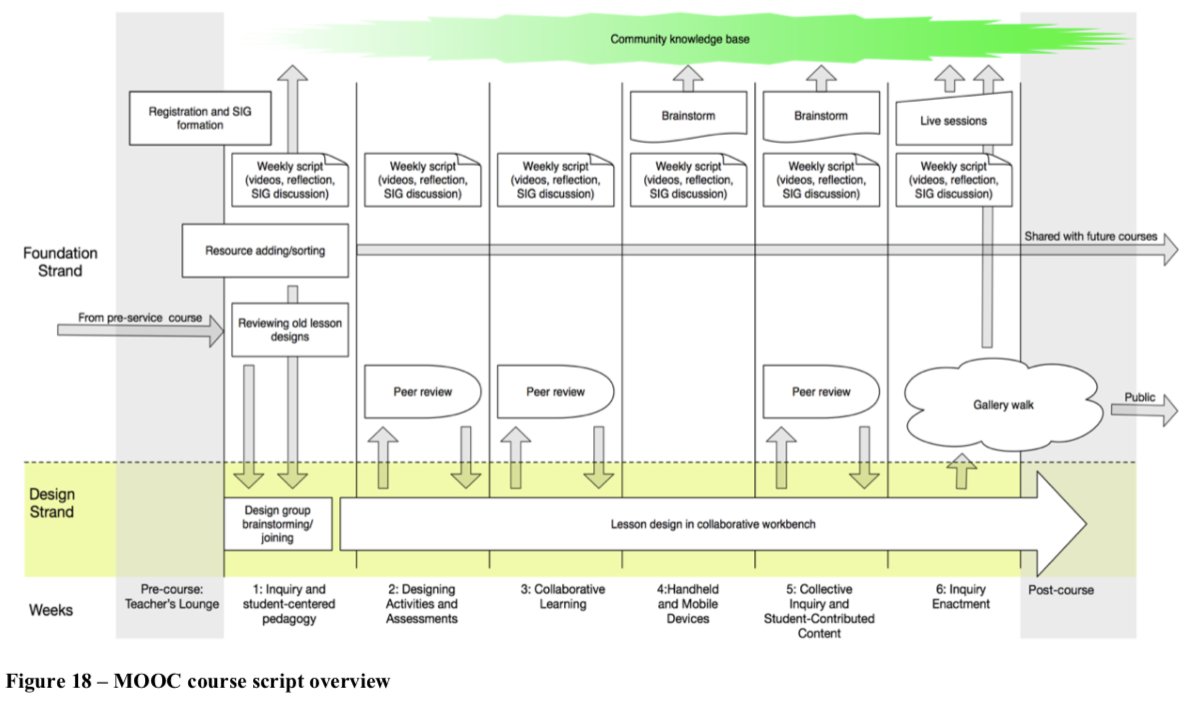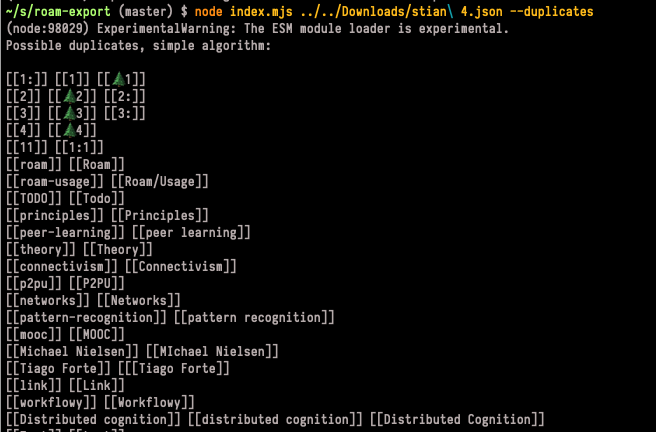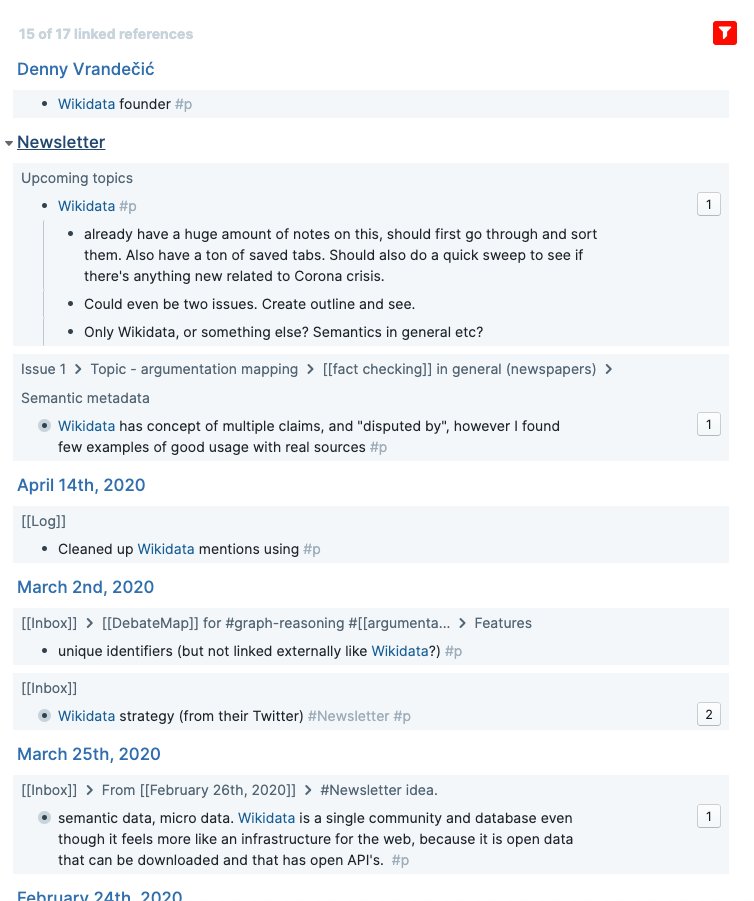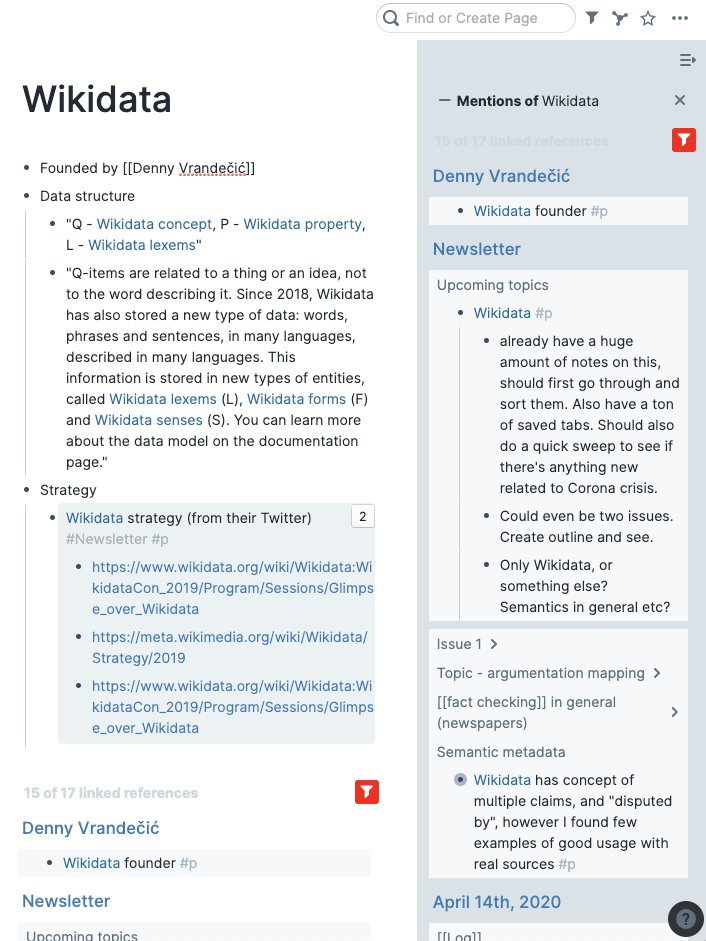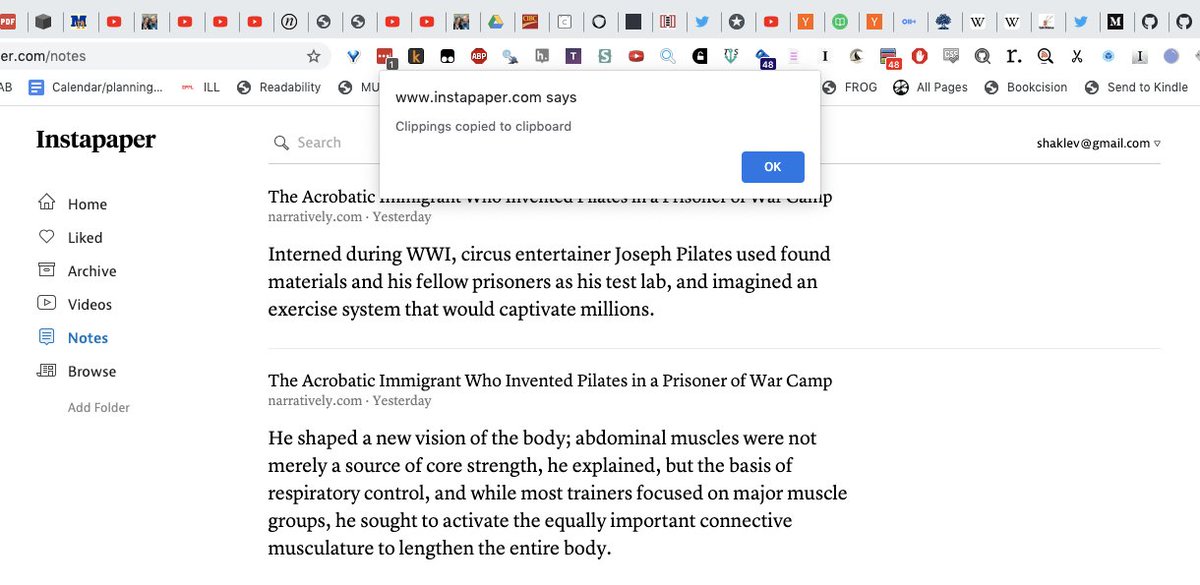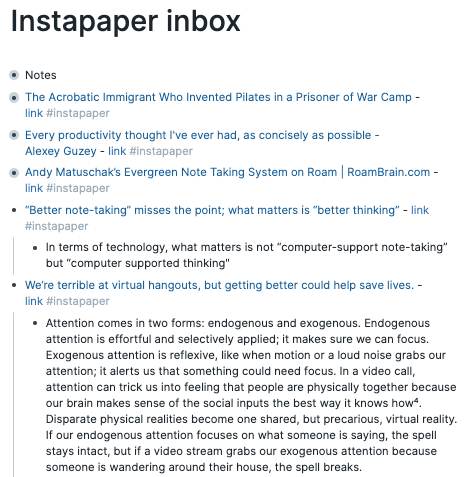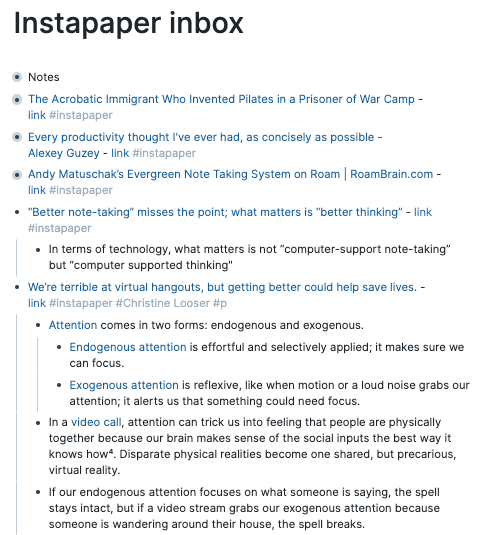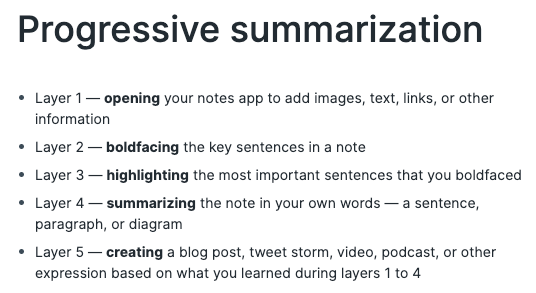
I'm launching a newsletter: "Networked thought and learning", first issue this Friday. networkedthought.substack.com/p/coming-soon?… I've been incredibly inspired by @RoamResearch, not just the tool, but the community of people who are thinking deeply about note taking, knowledge management, interface
People like @JoelChan86, doing HCI research on synthesis and literature review, @andy_matuschak with his ideas about Evergreen Notes, and integrating spaced repetition with note taking, @nateliason showing us "the way" to write with Roam, @VladyslavSitalo hacking on a Roam plugin
Discussions about Zettelkasten with @ctietze, amazing PhD lit review workflows from @10ch, digging into @Malcolm_Ocean's public Roam DB about personal growth, or maybe exploring #gameb resources, learning stoicism with @shuomi3, and analyzing claims with @acesounderglass
The goal of the newsletter is two-fold. I want it to be an unofficial Roam community update, with links to videos, hacks, discussions and secret features (if you don't have time to obsessively follow Twitter or Slack conversations), but I also want to make it much broader.
I hope to make it interesting for people using completely different tools - discussing tools and interfaces, workflows and approaches, but also going back to the classics - Vannevar Bush and the memex, Doug Englebart, Bret Victor, and what we can learn from different disciplines
What does Computer Supported Collaborative Learning (@bod0ng) have to say about collaboratively constructing knowledge, how is @hypothes_is used by @remikalir to foster a community of learners, how does CSCW study collaboration, how does HCI talk about interfaces @amyhoy
So please sign up networkedthought.substack.com/p/coming-soon?…, and I look forward to your ideas and feedback! This is all an experiment, but I'm excited to see where it goes.
• • •
Missing some Tweet in this thread? You can try to
force a refresh

